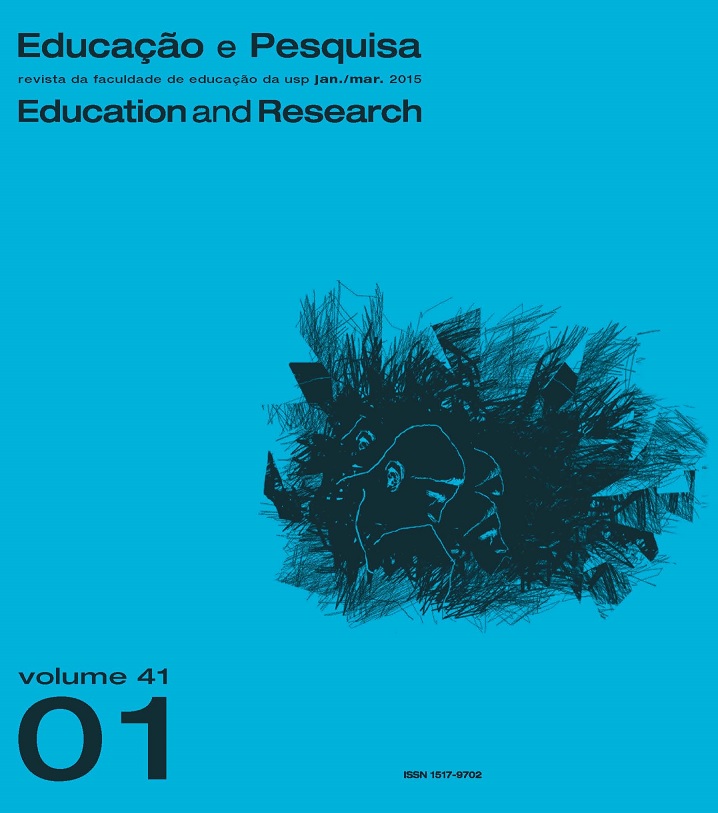Trabalho e práxis e sua relação com as pedagogias de Célestin Freinet e de Paulo Freire
DOI:
https://doi.org/10.1590/S1517-97022015011744Resumen
Este artigo é fruto de uma pesquisa bibliográfica que investigou os trabalhos pedagógicos de Célestin Freinet — em suas atividades docentes e sua militância por uma educação popular no interior da França — e de Paulo Freire — em suas atividades de alfabetização de adultos na região nordeste do Brasil, antes do golpe militar de 1964, em seus trabalhos educacionais no exílio e em sua atuação como Secretário da Educação na cidade de São Paulo. Ambos desenvolveram sistemas próprios de educação, tendo como base a categoria trabalho e como objetivo a realização de uma educação popular. Freinet procurou desenvolver um modo de fazer educação primária de qualidade num meio pobre, a partir de uma concepção que colocava o educando no centro do trabalho educativo em todas as atividades escolares. Este artigo apresenta como um e outro, respeitadas as peculiaridades de seus trabalhos e dos contextos em que atuaram, ainda que se utilizando de nomenclaturas diferentes e lidando com sujeitos de idades completamente diversas, construíram práticas populares de ensino fundamentados nos princípios de educação e trabalho, tendo como base para suas obras o processo pedagógico enquanto trabalho humano.Descargas
Los datos de descarga aún no están disponibles.
Descargas
Publicado
2015-03-01
Número
Sección
Artículos
Licencia
Los conceptos emitidos en los artículos son de exclusiva responsabilidad de sus autores y no reflejan necesariamente la opinión de la redacción.
Está permitida la reproducción total o parcial de los trabajos, siempre y cuando se indique explícitamente la fuente.
Cómo citar
Trabalho e práxis e sua relação com as pedagogias de Célestin Freinet e de Paulo Freire . (2015). Educação E Pesquisa, 41(1), 49-62. https://doi.org/10.1590/S1517-97022015011744



